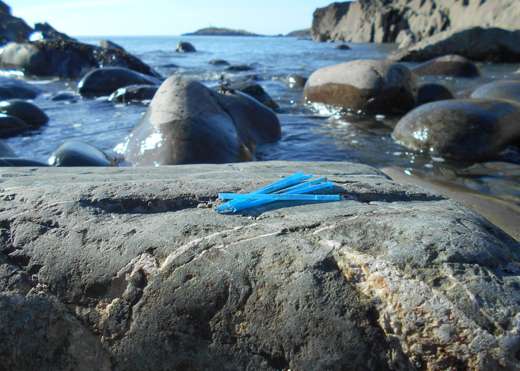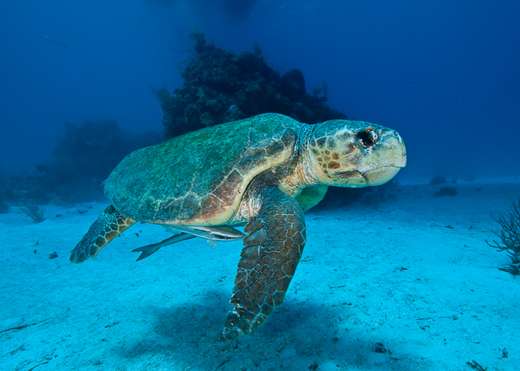Cotton bud makers go plastic-free

Two leading UK brands have pledged to switch from plastic to paper cotton bud sticks, marking an important step toward cleaner seas.
Beachcombers have a reason to celebrate this week with the announcement that manufacturer Johnson & Johnson and UK retailer Waitrose have committed to phase out plastic from their own-brand cotton buds by the end of 2016.
This good news was announced on Friday by Fidra – an environmental charity based in Scotland (and partner of Fauna & Flora International) that has been encouraging retailers and manufacturers to switch from plastic to biodegradable alternatives through its Cotton Bud Project.
Sticks and stones
Visit the beach and you may well find yourself scanning the tideline for that perfect pebble or shell, only to find a litter of man-made objects alongside the natural debris.
Amongst the tangles of seaweed you are likely to find lots of little plastic sticks, which are often mistaken for lollipop sticks or straws but are actually the remains of the hundreds of thousands of cotton buds flushed down toilets every week in the UK.
Because of their size and shape, plastic cotton bud sticks slip through wastewater treatment systems, wash into rivers and seas, and end up on our beaches.

On one Scottish coastline, 13,500 of these sticks were found by Marine Conservation Society Beachwatch volunteers in a single visit. Not only do they look bad, they also mark the trail of sewage from bathroom to beach, indicating a potential public health risk.
These plastic sticks pose a danger to marine life as well, and have been found in the stomachs of dead fulmars and loggerhead turtles. What's more, plastics in the ocean act like sponges for chemical pollutants such as pesticides, and toxins that may be present at low amounts in the sea can build up to high levels on plastics as they are adsorbed from the surrounding water.
Good buddies
To help tackle the threat, Fidra has been liaising with manufacturers and retailers of plastic cotton buds, encouraging them to switch from plastic to a fully biodegradable alternative such as paper.
The charity says it is delighted that Johnson & Johnson and Waitrose have responded with a commitment to phase out the plastic in their own-brand cotton buds and move to paper by the end of 2016.
"Plastic in our seas is a major pollution problem. Better materials are out there and the more we use them the closer we are to a cleaner ocean," said Fidra's Dr Clare Cavers, adding, "This is an excellent example of major brands taking a lead and we hope that many more companies will follow soon."
Shoppers wishing to show their support can visit Fidra's Cotton Bud Project page to take the pledge and find out which UK products are currently plastic free.
However eliminating plastics from products is just part of the solution. We, as consumers, also need to dispose of our household products responsibly. In the case of cotton buds, this means putting them in the bin rather than flushing them down the toilet.
Provided by Fauna & Flora International



















